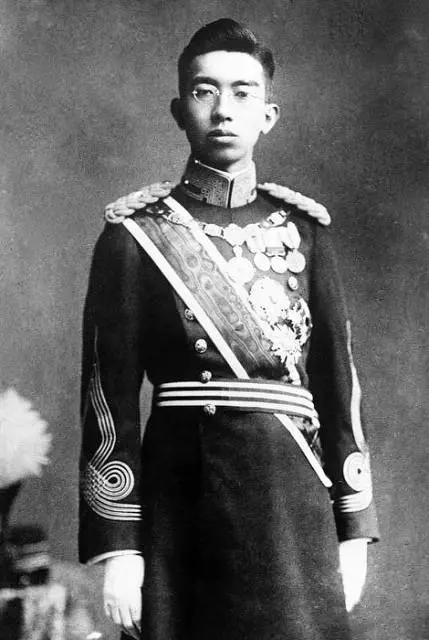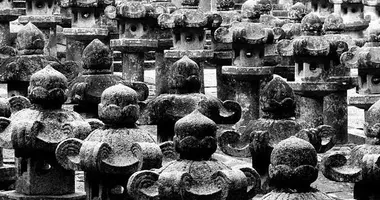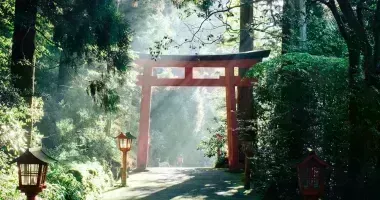Midori no Hi みどりの日
The Day of Nature
In Japanese, midori means "green" and refers to nature. Midori no hi is a national holiday that is part of the holiday week that takes place in May, commonly known as Golden Week.
In Japan, May 4 is celebrated as midori no hi, also known as nature day.
Imperial heritage
Midori no hi has existed since 1989. This tradition stems directly from Emperor Showa (1926-1989), whose birthday was on April 29th. After his death, no one really wanted to celebrate this day, but in order to honor his memory, they named it "midori no hi", since Emperor Showa was very fond of nature.
Also Read: Shintoism
Until 2007, the Japanese celebrated midori no hi on April 29th, but due to certain law regulations, the holiday was moved to May 4th. Thus, April 29th became Showa no hi instead, a day of commemoration in memory of the Emperor.
What do the Japanese do on May 4?
On May 4th, people mobilize for the protection of the environment, clean public spaces, and plant trees. They try to spend all day in nature; some parks and gardens even put on small events, and entrance is sometimes free.
On this day, in memory of the Emperor, the Japanese also have the day off: it's part of Golden Week, a week of the year where several national holidays occur very close together. "Golden Week" begins on Showa Day, on April 29th.
Also Read: The Emperor of Japan














